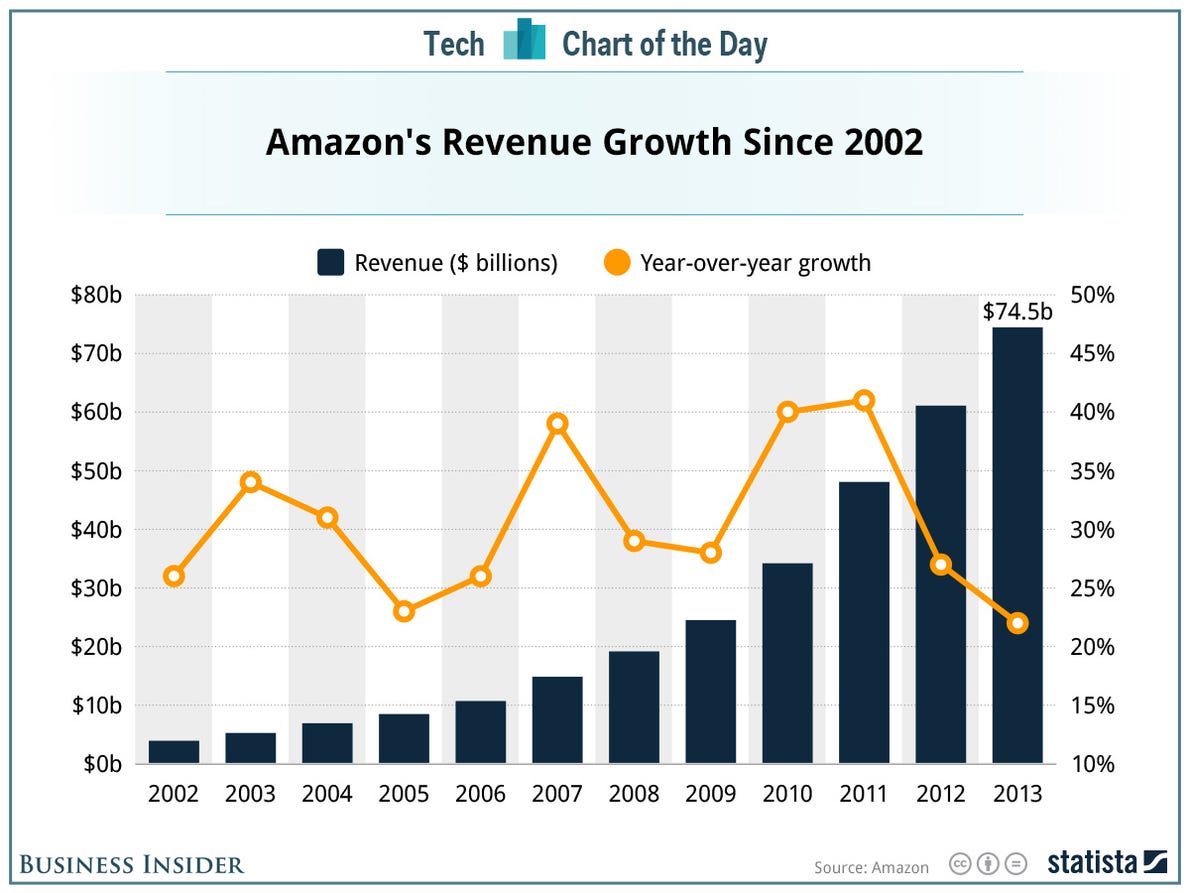FTC Probe Into OpenAI: Implications For AI Development And Use

Table of Contents
Data Privacy Concerns at the Heart of the FTC Investigation
The FTC's investigation likely centers on OpenAI's data handling practices and their potential impact on user privacy. This scrutiny is vital given the massive datasets used to train AI models like ChatGPT and the inherent risks associated with collecting and utilizing personal information.
Data Collection and Usage Practices
The FTC is probably scrutinizing several aspects of OpenAI's data handling:
- How user data is collected and stored: The methods employed to gather data from users of ChatGPT and other OpenAI products are under the microscope. This includes examining the transparency of data collection processes and the security measures implemented to protect user information.
- Compliance with data privacy regulations: OpenAI's adherence to regulations like the General Data Protection Regulation (GDPR) in Europe and the California Consumer Privacy Act (CCPA) in the US is likely a key focus of the investigation. Any non-compliance could lead to significant penalties.
- Transparency of data usage policies: The clarity and comprehensiveness of OpenAI's policies explaining how user data is used for training and other purposes are being examined. The FTC likely seeks greater transparency to ensure users understand how their information is being handled.
- Potential for misuse of personal information: The investigation will explore the potential for misuse of personal data collected by OpenAI, including the risk of data breaches and unauthorized access. This also includes assessing the potential for identifying and re-identifying individuals based on the data used in model training.
- The scope of data used for model training: The FTC is likely reviewing the breadth and depth of data used to train OpenAI's models, assessing whether this data includes sensitive personal information without proper consent or anonymization.
Potential for Bias and Discrimination
Another critical aspect of the FTC investigation is the potential for bias and discrimination embedded within OpenAI's models. AI systems are trained on vast datasets that may reflect existing societal biases, leading to unfair or discriminatory outcomes.
- Algorithmic bias and its consequences: The investigation will likely assess the presence of algorithmic bias in OpenAI's models and the potential for such bias to perpetuate or exacerbate existing societal inequalities.
- Disparate impact on specific demographics: The FTC will likely examine whether OpenAI's models disproportionately impact certain demographic groups, potentially leading to unfair or discriminatory outcomes.
- Methods used to mitigate bias in AI models: OpenAI's strategies for detecting and mitigating bias in its AI models will be under scrutiny. The effectiveness of these methods and the transparency surrounding them are key areas of concern.
- The lack of transparency in bias detection and mitigation: The investigation may highlight the need for greater transparency in how OpenAI addresses bias, including the methodologies used and the results obtained.
The Impact on AI Development and Innovation
The FTC probe has significant implications for the broader AI landscape, impacting both development and innovation.
Increased Regulatory Scrutiny
The investigation signals a new era of increased regulatory scrutiny for the AI industry.
- The chilling effect on AI startups and research: The increased regulatory burden could discourage investment in AI research and development, particularly for smaller companies.
- Increased compliance costs for AI developers: Meeting stricter regulatory requirements will increase the cost of developing and deploying AI systems, potentially slowing down innovation.
- The potential for over-regulation stifling technological advancements: A poorly designed regulatory framework could inadvertently stifle innovation by imposing excessive constraints on AI development.
- The need for a balanced approach to regulation: Finding a balance between responsible regulation and fostering innovation is crucial for the future of AI.
Shift Towards Responsible AI Development
The FTC's actions could accelerate a much-needed shift toward more ethical and responsible AI development practices.
- Emphasis on AI safety and security: The investigation highlights the importance of building AI systems that are safe, secure, and reliable.
- Development of robust explainable AI (XAI) models: There's a growing need for AI models that are transparent and explainable, enabling users to understand how decisions are made.
- Greater emphasis on human oversight and control: The investigation underscores the importance of maintaining human oversight and control over AI systems, preventing unintended consequences.
- The creation of industry-wide standards for responsible AI development: The probe could lead to the establishment of industry-wide standards and best practices for responsible AI development.
Long-Term Implications for AI Use and Public Trust
The FTC probe's outcome will profoundly influence public trust in AI and shape future regulation.
Building Public Trust in AI
Restoring and maintaining public trust in AI technologies is paramount.
- The importance of transparency and accountability in AI systems: Transparency and accountability are crucial for building public trust and ensuring that AI systems are used responsibly.
- Addressing public concerns about AI safety and misuse: Openly addressing public concerns about the potential risks and misuse of AI is necessary to foster trust.
- The role of education and public awareness in building trust: Educating the public about AI technologies and their potential benefits and risks can help build trust and promote responsible use.
- The need for open dialogue between developers, regulators, and the public: Open communication between stakeholders is essential for navigating the ethical and societal implications of AI.
Shaping the Future of AI Regulation
This investigation will likely set a precedent for future AI regulation globally.
- The potential for new laws and regulations specifically targeting AI: The FTC probe could lead to the development of new laws and regulations specifically designed to address the unique challenges posed by AI.
- International cooperation in AI governance: Global cooperation is essential to ensure the responsible development and deployment of AI technologies.
- The need for adaptable and evolving regulations to keep pace with AI advancements: AI technology is rapidly evolving, requiring regulations that are flexible and adaptable to keep pace with these advancements.
Conclusion
The FTC's investigation into OpenAI marks a pivotal moment for the AI industry. The investigation's outcome will significantly influence how AI is developed, deployed, and regulated in the future. Addressing concerns surrounding data privacy, algorithmic bias, and AI safety is crucial for fostering public trust and ensuring responsible innovation. We need a balanced approach that encourages responsible AI development without stifling technological progress. The future of AI hinges on carefully navigating these complex issues. Understanding the implications of this FTC probe into OpenAI is crucial for everyone involved in the development and use of artificial intelligence. Let's work together to ensure the responsible advancement of AI technology.

Featured Posts
-
 Chrisean Rock Interview Angel Reese Addresses Public Criticism
May 17, 2025
Chrisean Rock Interview Angel Reese Addresses Public Criticism
May 17, 2025 -
 Understanding Ubers Impressive April Performance A Market Analysis
May 17, 2025
Understanding Ubers Impressive April Performance A Market Analysis
May 17, 2025 -
 Iz Moskvy V Dubay Kak Nayti Rabotu V Oae
May 17, 2025
Iz Moskvy V Dubay Kak Nayti Rabotu V Oae
May 17, 2025 -
 Tony Bennett A Portrait Of An Icon
May 17, 2025
Tony Bennett A Portrait Of An Icon
May 17, 2025 -
 Zayavlenie Zhevago Buduschee Investitsiy Ferrexpo V Ukraine Pod Voprosom
May 17, 2025
Zayavlenie Zhevago Buduschee Investitsiy Ferrexpo V Ukraine Pod Voprosom
May 17, 2025
